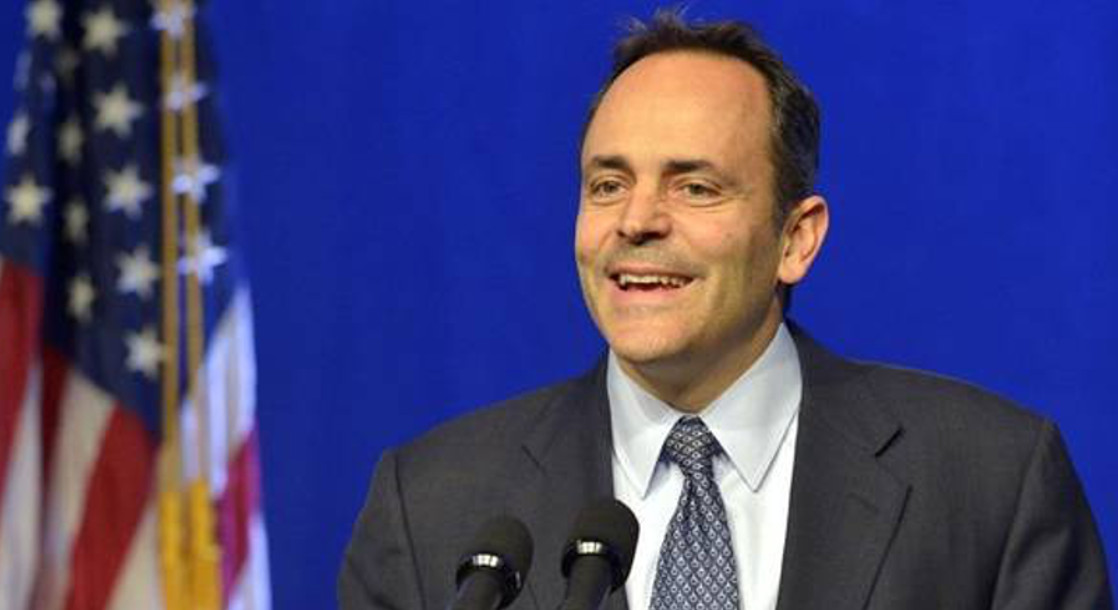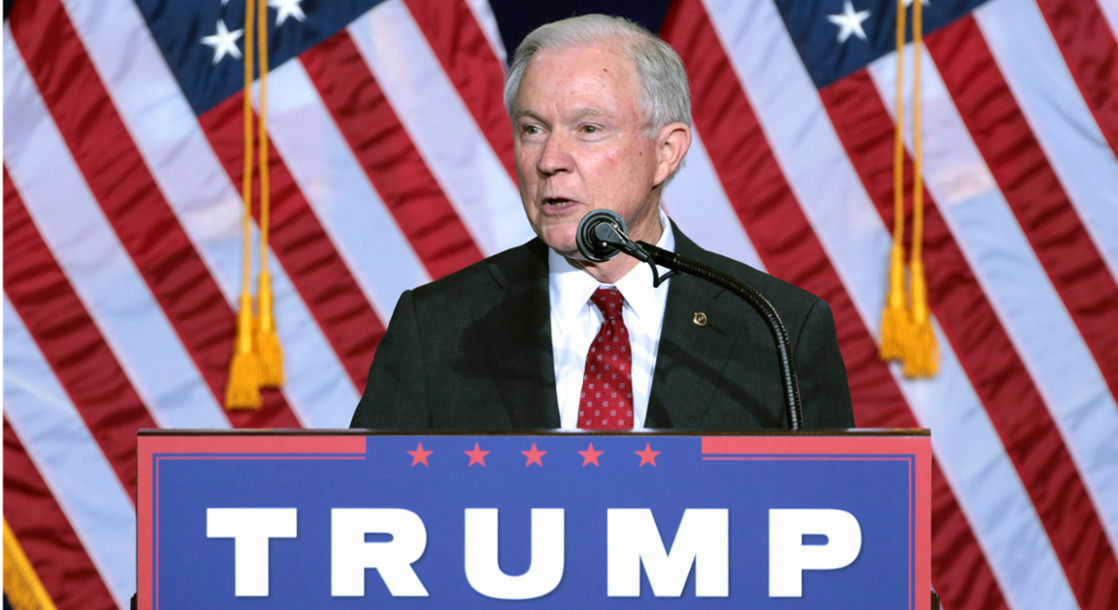Just six months after voting to legalize weed, Connecticut is already gearing up to begin accepting applications for cannabis business licenses.
The state Social Equity Council just signed off on conditional rules that will allow regulators to begin accepting weed business license applications by the end of January. The council also voted to extend the application deadline from 60 to 90 days in order to give equity applicants more time to get the necessary paperwork in order. Once the 90-day window is up, the state will hold a lottery to select the winning applicants.
State regulators will prioritize applications from business owners living in communities that have been disproportionately impacted by the War on Drugs. Half of all adult-use cannabis dispensary licenses are being reserved for social equity applicants, and the entire first round of cultivation licenses will only be handed out to businesses who plan to open their facilities in disadvantaged areas.
The social equity program has already drawn criticism from advocates and prospective applicants, however. Some equity council members argued that the $500 application fee for the program was too steep for economically challenged applicants, but council chair Andrea Comer countered that “if a $500 fee is what’s keeping you from entering the lottery, then the costs of doing the business are going to be prohibitive for you,” CT News Junkie reports.
The social equity applications are only available to individuals making $74,000 a year or less, but industry stakeholders believe this income cap will actually discourage healthy business ventures. Tyler Crespo, who runs a licensed adult-use cultivation facility in Maine, told the council that he would be unable to sustain his business if he had to comply with Connecticut’s new cannabis regulations.
“The financial cap of annual income creates an unrealistic barrier for entry to the market,” Crespo told councilmembers, according to CT News Junkie. He added that anyone making less than $74,000 a year would be financially unable to support their business and would therefore be forced to “partner with outside corporate interests, essentially only creating a lottery of individuals with no business fundamentals.”
Regulators have yet to reveal several important details about the application process, including the total number of cannabis licenses that will be awarded. And although the state has announced that it will begin accepting applications sometime in late January, an exact date has not been picked. The state Department of Consumer Protection also needs to sign off on the 30-day deadline extension before applications can begin, but regulators are confident that they will do so.
Even with the additional one-month delay, Connecticut is still on track to start selling adult-use cannabis long before neighboring New York. The Empire State legalized cannabis three whole months before Connecticut, but New York cannabis regulators recently announced that they won’t begin accepting adult-use applications until spring of 2023 at the earliest. This delay will put off legal sales until the end of 2023, or maybe even early 2024, while Connecticut is still on track to open its pot shops late next year.
And to the west, New Jersey is also working to open its first adult-use shops next year. But there are still a few legal weed options currently available to East Coast residents who are willing to take a road trip, at least. Adult-use markets in Massachusetts and Maine are in full swing, and three Native American nations in New York have also recently started selling legal weed under their own sovereign adult-use laws.











